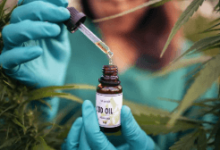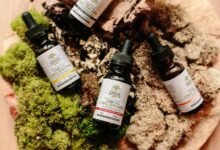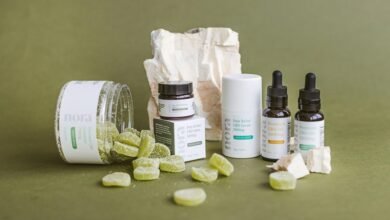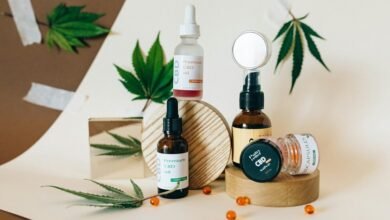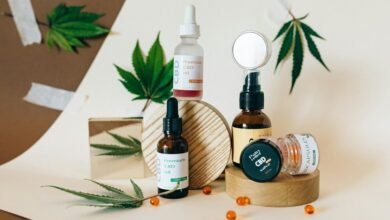Will Cbd Oil Show in Blood Tests
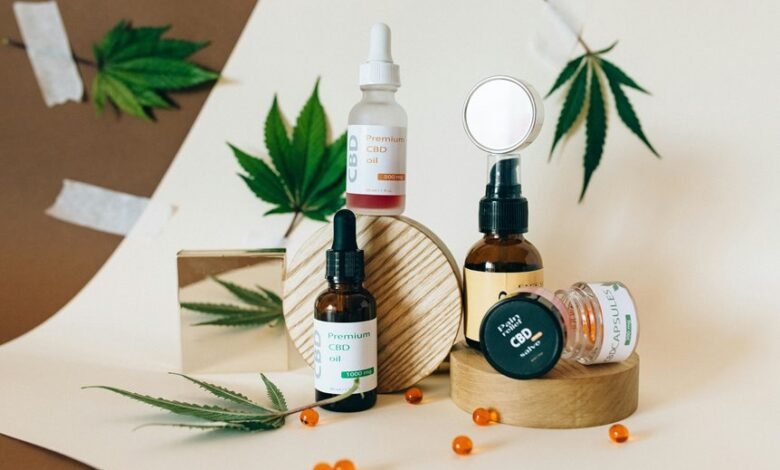
The question of whether CBD oil will show up in blood tests is a common concern among users. Unlike THC, CBD is less frequently targeted in standard drug screenings. Yet, specific tests can identify CBD and its metabolites, particularly at high doses. Understanding the nuances of drug testing and the composition of CBD products is essential for those wishing to mitigate potential risks. What implications could this have for regular users?
Understanding CBD and Its Composition
CBD, or cannabidiol, is a non-psychoactive compound derived from the Cannabis sativa plant, known for its potential therapeutic benefits.
Users often seek CBD for its perceived health advantages, including pain relief and anxiety reduction.
However, the legality of CBD varies by region, impacting accessibility and use.
Understanding these factors is essential for individuals exploring CBD benefits within their legal frameworks.
How Drug Tests Work: THC vs. CBD
While many individuals use cannabis products for various health benefits, understanding how drug tests differentiate between THC and CBD is crucial.
Drug testing primarily targets THC, the psychoactive component of cannabis, as it is the substance detected in most screenings.
CBD, on the other hand, typically does not appear on standard drug tests, allowing users to enjoy its benefits without concern for substance detection.
The Presence of CBD in Blood Tests
Understanding the detection of CBD in blood tests is important for those who use cannabis products for therapeutic purposes.
Blood analysis can reveal the presence of CBD and its metabolites, although THC is typically the primary focus in drug testing.
While CBD is less likely to show up in standard tests, specific methodologies can identify its metabolites, indicating recent usage.
Tips for CBD Users to Avoid Positive Drug Tests
How can users of CBD products minimize the risk of testing positive on drug tests?
To reduce this risk, individuals should follow dosage recommendations carefully and select products that contain minimal THC.
Opting for broad-spectrum or isolate CBD products can help avoid unwanted THC exposure.
Additionally, sourcing products from reputable manufacturers ensures quality and accurate labeling, further mitigating the likelihood of a positive drug test result.
Conclusion
In summary, while CBD oil is generally less likely to appear in standard blood tests compared to THC, the risk remains, particularly with high doses. Users must tread carefully, considering the type of CBD product they choose and its THC content. The stakes are high, as the implications of testing positive can be significant. Will you take the chance, or will you opt for safer alternatives? The decision is yours, but knowledge is your best ally in this uncertain landscape.

